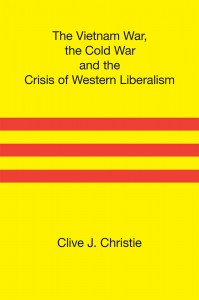
|
|
and Amazon Kindle Books |
||||||||
|
However, this book also demonstrates that the Americans did succeed in their ultimate regional objective: the containment of communism in East and Southeast Asia. During the war, America was able to contain the communist advance within the Indochina region, thus allowing economically and politically resilient non-communist states to emerge across Asia by the time of the communist victory in Vietnam. The victorious communist states of Indochina, by contrast, descended rapidly into ideological conflict, economic collapse, and internecine war. By 1980, Asian communism had lost ideological credibility to such an extent that, effectively, the Cold War had ended in East Asia long before the collapse of the Berlin Wall. |
||||||||||